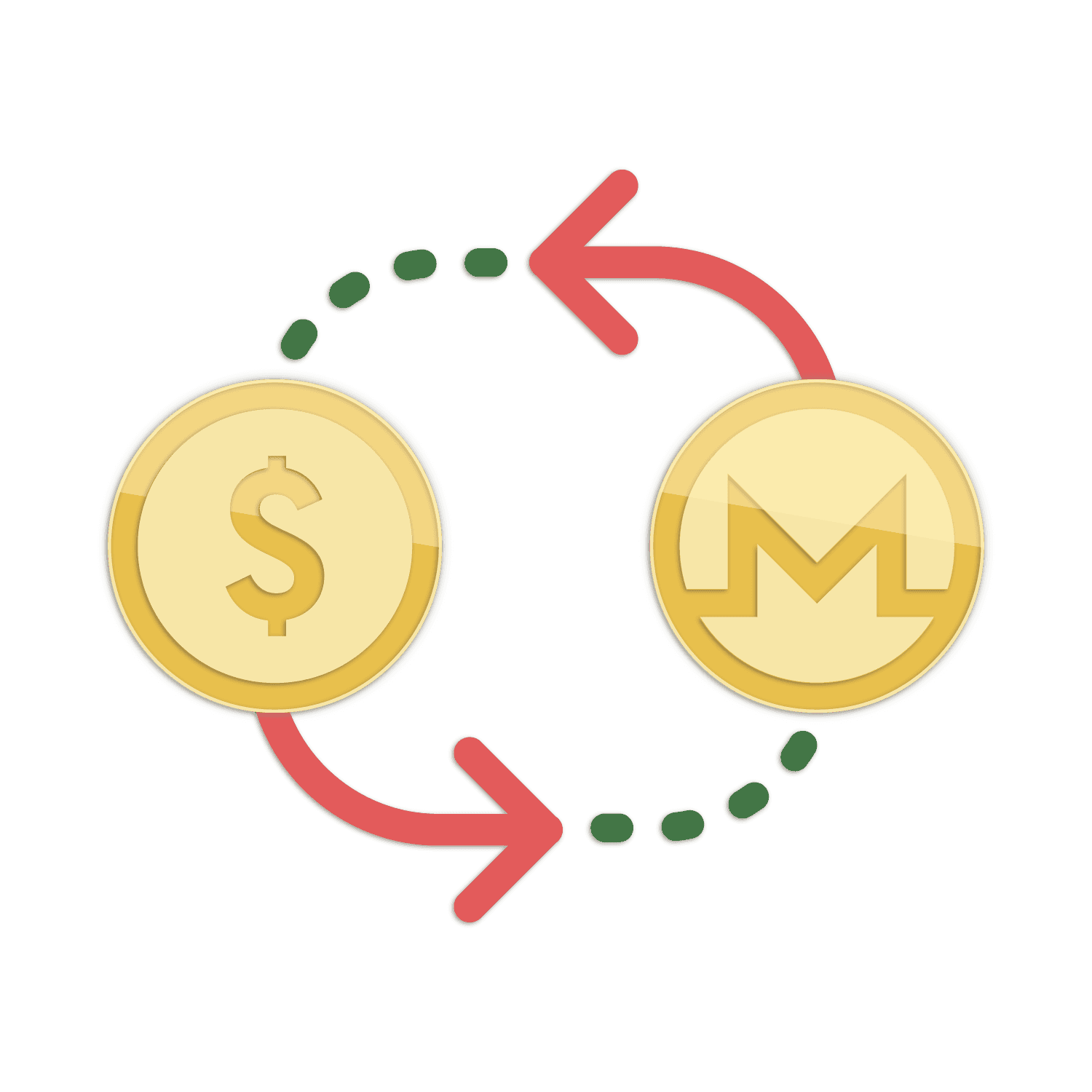Monero (XMR) is a form of cryptocurrency that has been gaining popularity in recent years due to its privacy-oriented approach. Unlike many other coins, Monero is designed to be untraceable and transaction data from the blockchain cannot be tracked or linked back to any individual user. As such, it has become an appealing option for those looking for a more private and secure alternative to traditional forms of payment.
The primary purpose of XMR is to facilitate anonymous transactions between users. Transactions are secured and encrypted using a technique called “ring signatures” which allow users to send money without anyone knowing who sent it or where it came from. The system also makes use of stealth addresses, which prevents third-parties from seeing the balances or receiving addresses associated with a user’s wallet.
Due to its privacy-focused nature, XMR has become increasingly popular among those looking for an alternative form of payment that isn’t traceable by governments or financial institutions. It can be used for purchases online as well as in-person at certain merchants that accept the currency.
Since XMR isn’t controlled by any central authority, it needs to be exchanged through certain exchanges before being used for payments. These exchanges act as middlemen allowing users to trade their XMR coins for fiat currencies such as US Dollars or Euros as well as other cryptocurrencies like Bitcoin and Ethereum. This provides users with another layer of anonymity since they don’t need to register with the exchange or provide any personal information in order to trade their coins.
When choosing an exchange, it’s important to consider several factors such as security protocols, fees, customer support, liquidity levels, and geographical restrictions. For example, some exchanges may not support traders from certain countries due to regulatory reasons while others may charge higher trading or withdrawal fees than others. Additionally, not all exchanges offer the same trading pairs so it’s important to make sure that your desired pair is available before signing up with an exchange.
It’s also important to double check each exchange’s security measures before transferring any funds into your account as there have been cases where hacker have successfully breached exchange platforms and stolen coins from unsuspecting users in the past. To help protect yourself against such threats you should always ensure that you have enabled two-factor authentication on your account and only transfer funds when absolutely necessary since transfers are irreversible once initiated on the platform.
While these considerations should be factored into every trader’s decision-making process when selecting an exchange platform there are multiple options out there when looking for somewhere reliable and secure place where you can trade XMR coins safely and conveniently including Changehero and Binance US just two examples of reputable services in this space today offering access markets across the globe supported by dedicated customer service teams available 24/7 if needed during times of market volatility or query resolution support needed regarding account related questions etc…
In conclusion, exchanging Monero (XMR) requires some research beforehand but when done properly it can provide investors with another layer of protection against potential hacking attempts while maintaining their privacy at all times during transactions thanks its innovative features designed specifically with this purpose in mind like ring signatures & stealth addresses etc… As long as traders keep themselves informed about updated regulations governing exchanges within their region & take appropriate steps towards keeping their accounts safe & secure then they should experience no issues when trading Monero (XMR) within these exchanges listed above & others found elsewhere on the internet.
